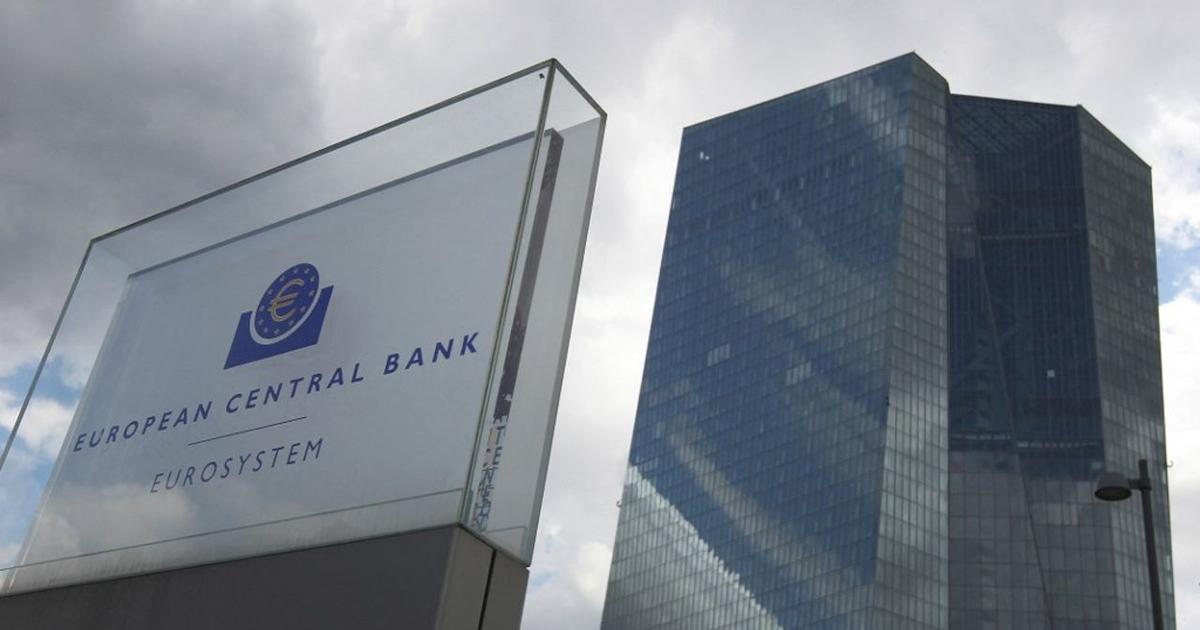The inflation rate reached a new record in September, at 10% over one year in the euro zone, after 9.1% in August.
Since November 2021, every month has sunk to a new high.
The figure is the highest since the creation of the euro.
In France, the rise in prices remains the lowest in the euro zone, at 5.6%, according to INSEE, and 6.2% according to the harmonized Eurostat index, down slightly from August.
It also fell in Spain, to 9.3%, but jumped to 10.9% in Germany, 12% in Belgium and 17% in the Netherlands.
The Baltic countries, meanwhile, are experiencing price increases of 22% to 24%.
Read also
Inflation, disaster for the poor, also ruins savers
This increase,
“horrible from all points of view”,
according to Bert Colijn, economist at ING, puts European leaders at the foot of the wall to act more strongly.
Energy ministers met in Brussels to study emergency measures to protect households and businesses from skyrocketing energy bills.
Energy prices rose by 41% year-on-year and food prices by 12%.
The Twenty-Seven validated proposals presented in mid-September by the European Commission, aimed at recovering part of the "superprofits" of energy producers to redistribute them to consumers and impose a reduction in the demand for electricity at peak.
The slowness of European institutions in the face of the urgency of the crisis has pushed EU member states to act out of order.
Chancellor Olaf Scholz announced on Thursday a shield to cap energy prices, endowed with 200 billion euros.
See also
High inflation has an impact on taxation
After having raised its deposit rate from -0.5% to +0.75% between July and September, the European Central Bank should once again proceed with a significant increase at its next meeting at the end of October.
It is still far from the rates practiced by the American Federal Reserve (between 3% and 3.25%), while inflation across the Atlantic slowed to 6.2% in August.
These data pushed the euro lower against the dollar, to 0.9772 on Friday evening.

